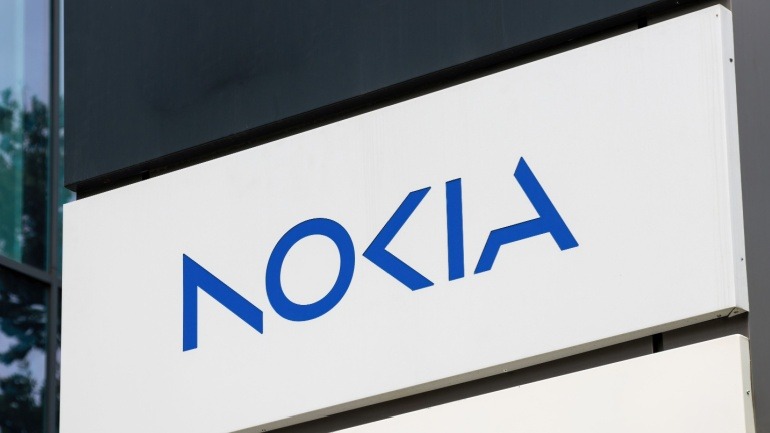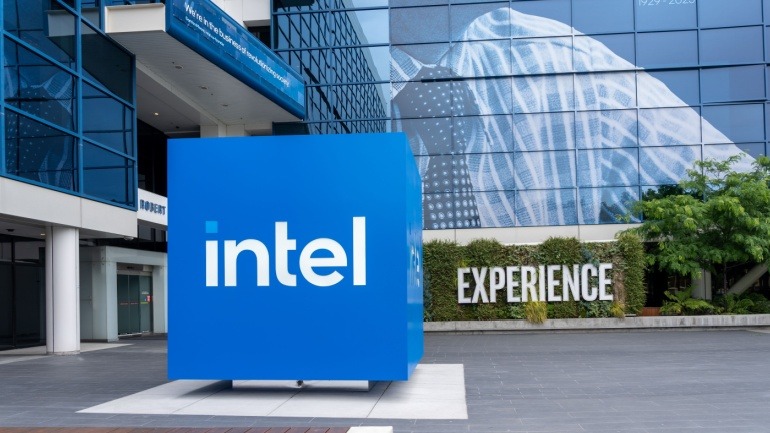Intel has announced a two-year delay in its plans to construct new chip manufacturing facilities in Germany and Poland. This decision follows the company’s disappointing Q2 financial results, which showed a $1.6 billion loss.
The proposed €30 billion factory in Magdeburg, Germany, and the €4.6 billion facility in Wrocław, Poland, were initially announced in 2022 and 2023, respectively. These projects were to be heavily subsidized by their respective national governments and were seen as crucial for boosting the European Union’s semiconductor production capabilities, thus reducing dependency on Chinese manufacturing.
German Chancellor Olaf Scholz had hoped the investment would position Germany as a major semiconductor production hub. However, Intel’s financial struggles necessitated a reassessment of these plans. CEO Pat Gelsinger stated, “We recently increased capacity in Europe through our fab in Ireland, which will remain our lead European hub for the foreseeable future. We will pause our projects in Poland and Germany by approximately two years based on anticipated market demand.”
This decision is not without its downsides. The delay could impact Europe’s goal of becoming more self-sufficient in semiconductor manufacturing. Furthermore, it places additional pressure on the continent’s tech industry to diversify its supply chains amid geopolitical uncertainties.
Despite pausing its European ambitions, Intel continues to invest in its U.S. operations. The company is expanding its collaboration with Amazon Web Services (AWS) and has secured $3 billion under the CHIPS Act to produce secure semiconductors for the U.S. government. This investment reinforces Intel’s position within the U.S. semiconductor supply chain. Additionally, Intel plans to spin out its manufacturing arm, Intel Foundry, into an independent subsidiary. The move aims to provide “external foundry customers and suppliers with clearer separation and independence from the rest of Intel,” and also offers the flexibility to explore independent funding sources.
The postponement of European projects raises questions about the future of the German tech market and the European semiconductor landscape. Industry experts and stakeholders are expected to discuss the implications at the upcoming Connected Germany 2024 event.







